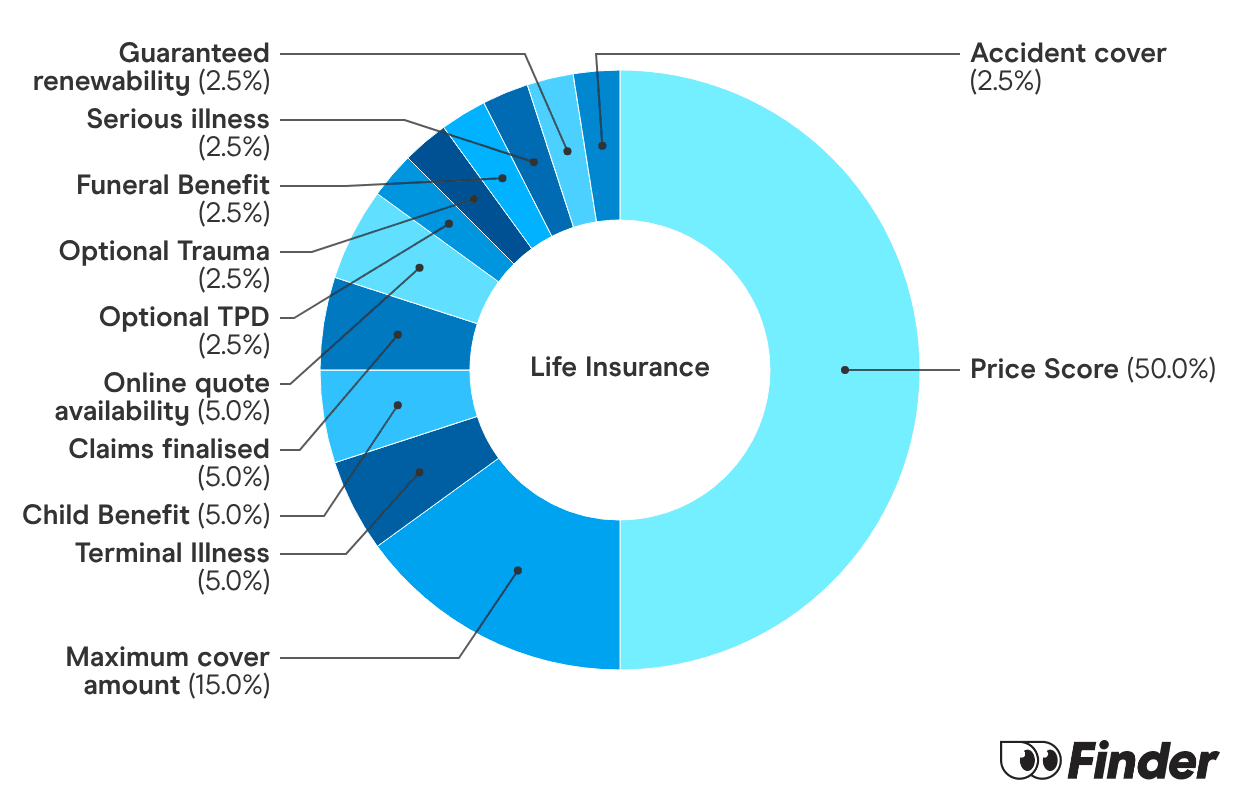Don't have a will? Here's how to get one
 Get a solicitor to write your will
Get a solicitor to write your will
You could seek legal help to get peace of mind your will is valid and has been drawn up properly. Getting a solicitor or lawyer to draft a will on your behalf will be a more expensive option. They can charge anything from a few hundred dollars to more than a thousand bucks. Costs vary depending on your circumstances, including where you live.
 Create a will online (and get it checked)
Create a will online (and get it checked)
Another option you have is going through an online legal service. This can cost upwards of $200 and may include a basic will service that is reviewed by a legal expert. Alternatively, there are DIY will kits. These can be even cheaper, but you may well want to get these checked by a legal professional to ensure the validity of such an important document.


